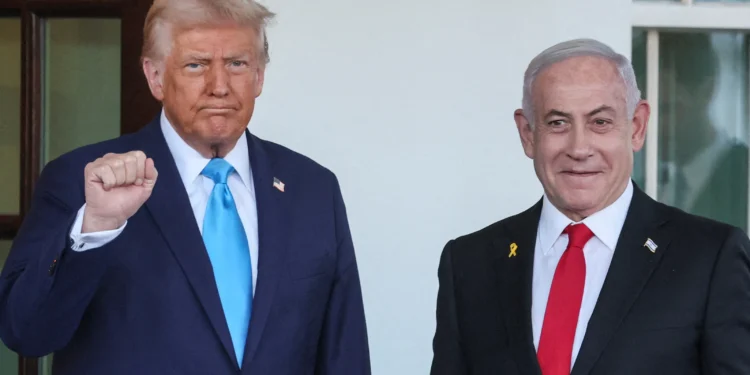October 12, 2025, 8:00 AM
Washington D.C. — The recent ceasefire negotiations in Gaza marked an unconventional chapter in U.S. foreign policy, prominently featuring figures from the world of real estate development in key mediation roles. Notably, Jared Kushner, President Trump’s son-in-law and a seasoned real estate investor, emerged as a pivotal player driving the discussions toward a potential ceasefire agreement.
Rethinking Diplomacy: Real Estate Experts Take the Lead
Traditionally, diplomatic negotiations involving Middle Eastern conflicts have been the domain of government officials and career diplomats. However, the Trump administration opted to integrate individuals renowned for their negotiation prowess and large-scale project management skills acquired in real estate. This fusion of business acumen with foreign policy innovation marked a departure from conventional methods, underlining President Trump’s preference for disrupting established diplomatic norms.
Reports suggest that Trump’s approach was motivated by confidence in these individuals’ skillsets—deal-making, negotiation, and logistical oversight—as vital tools for navigating the complex and often stagnant Gaza situation. This novel tactic aligned with Trump’s broader pattern of embracing nontraditional solutions in governance.
Jared Kushner: The Deal Architect and Catalyst
Jared Kushner, leveraging his background as a senior advisor and his family’s extensive real estate ventures—including the globally active Kushner Companies—played a strategic role in shaping the negotiation framework. His involvement drew on previous efforts such as the widely discussed “Deal of the Century” concerning Israeli-Palestinian peace proposals.
Kushner’s real estate insights added a practical dimension to the peace efforts, focusing on infrastructure development and tangible outcomes. His connections and expertise mobilized significant support, especially in courting Gulf state investments for the ambitious $20 billion Gaza reconstruction fund.
Business Mindset in International Relations
The involvement of real estate magnates signals a broader trend where business leaders are increasingly influential in diplomatic initiatives. Governments globally appear to value diversified skill sets when confronting international crises, blending economic development goals with political negotiations.
Despite this trend, the melding of private enterprise interests with public diplomatic roles has sparked debate. Critics caution that prioritizing business investments risks overshadowing essential political and humanitarian considerations, potentially jeopardizing long-term peace and stability.
Key Players and Investment Dynamics
Beyond Kushner and his Affinity Partners fund, several notable investors and companies have surfaced in the Gaza deal’s ecosystem:
- Israeli Investors and Developers: Some local developers are believed to participate directly or through partnerships, focusing on land acquisition and infrastructure projects. Their involvement introduces concerns about displacement and land rights for Palestinian residents.
- Noteworthy Individuals: Investors such as Avi Lerner, a renowned film producer and real estate investor with political affiliations, and Yitzhak Tshuva, owner of the conglomerate Delek Group, are exploring opportunities in Gaza.
- Global and Regional Firms: Entities like Dubai Ports World eye port development to transform Gaza into a regional trade hub, while Canadian asset manager Brookfield Asset Management has been approached for financing support.
Controversies and Challenges
Despite the optimistic vision, the Gaza deal confronts significant criticisms:
- Political Motives: Observers argue that the deal serves political ambitions more than genuine peace-building, potentially reinforcing Israeli control and marginalizing Palestinian input.
- Economic and Social Risks: Concerns about the economic sustainability amid ongoing conflict, risks of corruption, and the displacement of Palestinians underline ethical and practical challenges.
Impact on Gaza’s Real Estate Landscape
If realized, the investment and reconstruction could substantially alter Gaza’s property market, driving up values and potentially reducing housing affordability for current residents. The scale and politics of redevelopment will be key factors shaping Gaza’s future.











